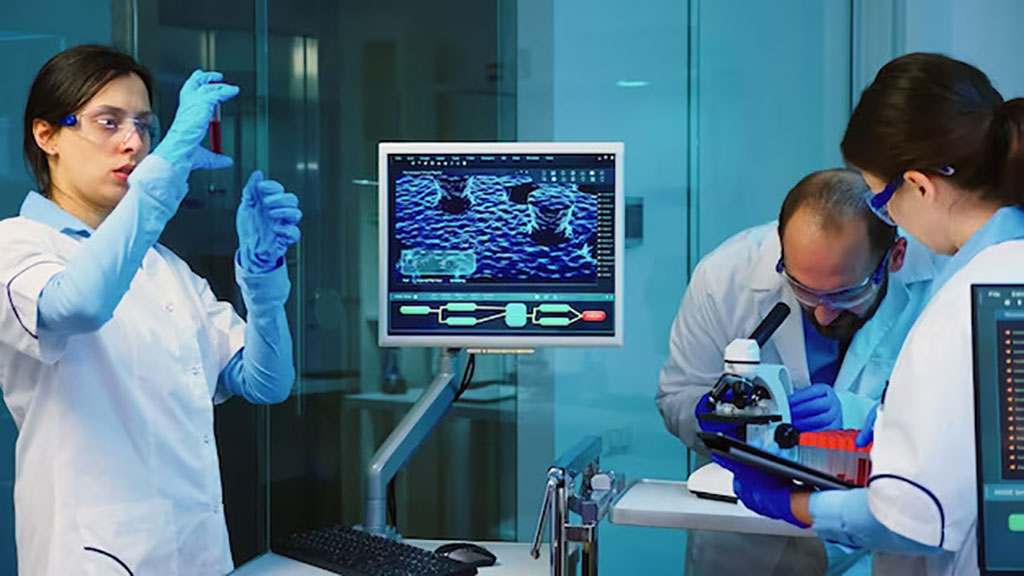Genomic Testing to Help Better Assess and Treat Heart Disease Patients
Posted on 12 Apr 2023
Cardiovascular disease is the primary cause of death worldwide, with genetics playing a crucial role in determining a patient's risk and response to common medications. A series of clinical studies will now evaluate the effects of comprehensive genomic testing in various disease areas.
Research teams at Henry Ford Health (Detroit, MI, USA) will carry out a series of clinical studies to examine the impact of next-generation sequencing tests, such as whole-genome sequencing (WGS), on clinical care and routine treatment. The studies will focus on disease areas that impose significant clinical and economic burdens on the healthcare system, paying special attention to diverse racial populations and underserved groups. The initial study, CardioSeq, will involve 1,500 patients and use an Illumina Inc. (San Diego, CA, USA)-developed and accredited clinical test based on WGS to generate a comprehensive cardiovascular genomic profile.

Genomic profiling can offer a more comprehensive understanding for both clinicians and patients, enabling better decision-making. For instance, people unaware of their high risk for heart disease may become more attentive to modifiable risk factors such as weight, smoking habits, and physical activity levels. Genomic data could also enhance patient health by facilitating earlier testing and diagnosis, minimizing unexpected medication side effects, and helping clinicians choose the most suitable medication for each patient.
The WGS test employed in CardioSeq will evaluate patients for over 200 genetic causes of cardiovascular disease, as well as the secondary findings genes recommended by the American College of Medical Geneticists and Genomics (ACMG). These genes are associated with known inherited conditions, many of which are non-cardiovascular, where interventions can reduce the onset or severity of clinical outcomes. The test will also provide complete pharmacogenetic results based on FDA and CPIC guidelines, offering valuable insights into an individual's response to specific drugs based on their DNA.
Genetic counselors will report inherited disease findings to patients and supply additional education. Pharmacists will review all pharmacogenetic findings and provide appropriate recommendations. The results will also be shared with the patients' physicians. Henry Ford Health researchers aim to complete testing for all 1,500 CardioSeq participants by 2024. The collected samples and clinical data will also be used by the partners for discovery efforts in genomic medicine to advance the field of cardiovascular health and treatment.
“This study is the first of several that will measure the impact of whole genome sequencing in patients with cardiovascular disease,” said David Lanfear, M.D. M.S., Vice President of Clinical and Translational Research at Henry Ford Health, and the study’s lead clinician. “What we’re initially most interested in is the rate of the change in medical management due to the genetic information, but eventually we will be looking at differences in cost and clinical outcomes as well.”
Related Links:
Henry Ford Health














